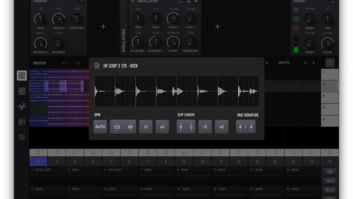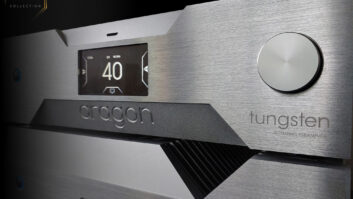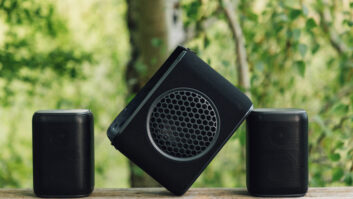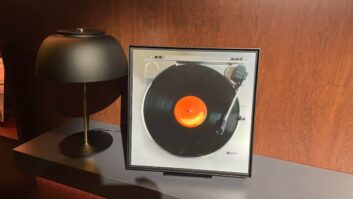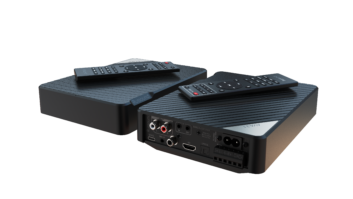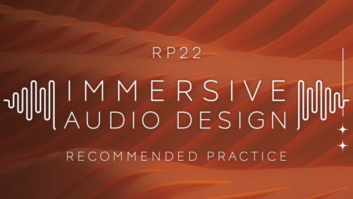Washington, D.C. – The consumer electronics and music industries accused each of playing fast and loose with their interpretations of copyright law when they took separate sides here during a Congressional hearing on proposed digital-radio broadcast-flag legislation.
The debate occurred before a subcommittee of the House Energy and Commerce Committee, which is considering the Audio Broadcast Flag Licensing Act of 2006. The act would require an audio broadcast copy-control flag on digital terrestrial and satellite broadcasts if the music, CE, and broadcast industries don’t agree on a set of copy-control rules and a technology to implement them.
The broadcast and CE industries are concocting a “Rube Goldberg legal shell game” to get out of paying royalties that they should be paying when they turn their broadcast services into wireless download services, claimed Mitch Bainwol, chairman and CEO of the Recording Industry Association of America (RIAA).
CEA chairman Gary Shapiro countered that the music industry keeps on endorsing legislation, such as the 1992 Audio Home Recording Act and 1998 Digital Millenium Copyright Act, and then reinterprets what it previously agreed to. Despite their assent to the 1992 law, the music industry “no longer agrees that a consumer’s right to make a first-generation copy of a song includes the right to play it back when and how the consumer wishes,” Shapiro said. “Nor do they any longer agree that the words `No action may be brought under this title alleging infringement of copyright …” have the meaning they told the Congress they had in 1992. They do seem still to appreciate the word `royalties’ – though apparently they are becoming ever more fond of the word `damages.’”
The music industry not only wants to bar indiscriminate mass distribution over the Internet, but now wants to control personal use of recorded music in violation of existing law, Shapiro contended. As a result, audio-flag legislation must be “narrowly focused and carefully written to focus on unauthorized internet redistribution,” he said.
“It is no longer enough that, as we have previously insisted, a mandate must be accompanied by affirmative language that protects a consumer’s right to make private, noncommercial recordings at home. It is now clear to us…that any mandate legislation also needs to protect, specifically, the consumer’s right to search for, index, store, and play back any home recorded content, in the desired order, and to shift content in terms of time and place — just as consumers lawfully do with their personal video and audio recorders today.”
Bainwol disagreed. Copyright controls must prevent satellite-radio and digital terrestrial radio receivers from “cherry picking” recorded songs that can be selected for playback by artist, title, or genre. “Replicating the iTunes experience without paying for it will devastate an industry,” he contended.
Shapiro and Sirius Satellite Radio counsel Ruth Ziegler, however, contended the music industry is getting compensated under the 1992 law, which requires the payment of royalties to songwriters, artists, and the music companies for every digital audio recording device sold.
Bainwol scoffed. The $2 million per year collected in royalties under the act “will starve creativity,” he charged.
Congressional action is needed to force the CE industry to the bargaining table, he continued, as Congressional pressure has already pushed the National Association of Broadcasters (NAB) to sit down in March at the negotiating table, where the NAB has already “fundamentally agreed that cherry picking is wrong, Bainwol contended. So far, however, device makers have shown no inclination to do talk, Bainwol contended. The music industry is willing to talk to the CE business if the CE business agrees that the “the issue is redistribution and disaggregation [cherry picking],” he said.





